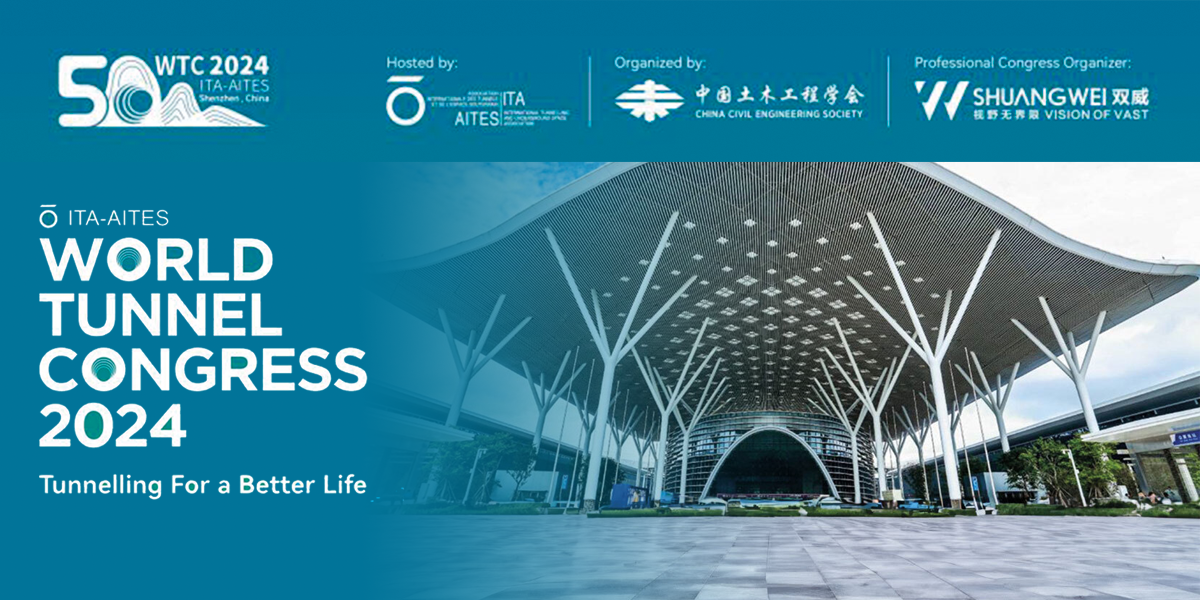Clogging is one of the main problems encountered in mechanized tunnelling with EPB-TBM in fine-grained soils. This issue is usually addressed by soil conditioning, i.e. the addition of water, foam and other chemical agents during the excavation phase. Over the last two decades, encouraged by the exponential increase of tunnels excavated with EPB-TBMs, many research studies have been carried out, leading to the development of several laboratory tests and classification systems to assess the risk of clogging in fine- grained soils and the effect of conditioning. Nonetheless, due to the complexity of the phenomenon, a number of limitations remain in defining and predicting potential clogging. This also emphasizes the lack of appropri-ate and widely accepted test standards and the inconsistencies of the classification systems. This paper is part of a larger experimental study on clogging carried out over the last 4 years on more than 20 natural fine- grained soils sampled from real EPB-TBM tunnel projects and subjected to a series of tests aimed at determin-ing the clogging potential. The results of the laboratory tests were systematically compared, highlighting the advantages and limitations of each test and exploring the correlations between them. The results of this inves-tigation, also in light of the great number of tests performed on a wide range of natural soils, can be of assist-ance in making informed use of the existing laboratory tests and clogging risk classification systems.
Analysis of laboratory tests for the determination of the clogging risk in mechanized tunnel excavation in fine-grained soils

 Italiano
Italiano
 Français
Français  English
English 